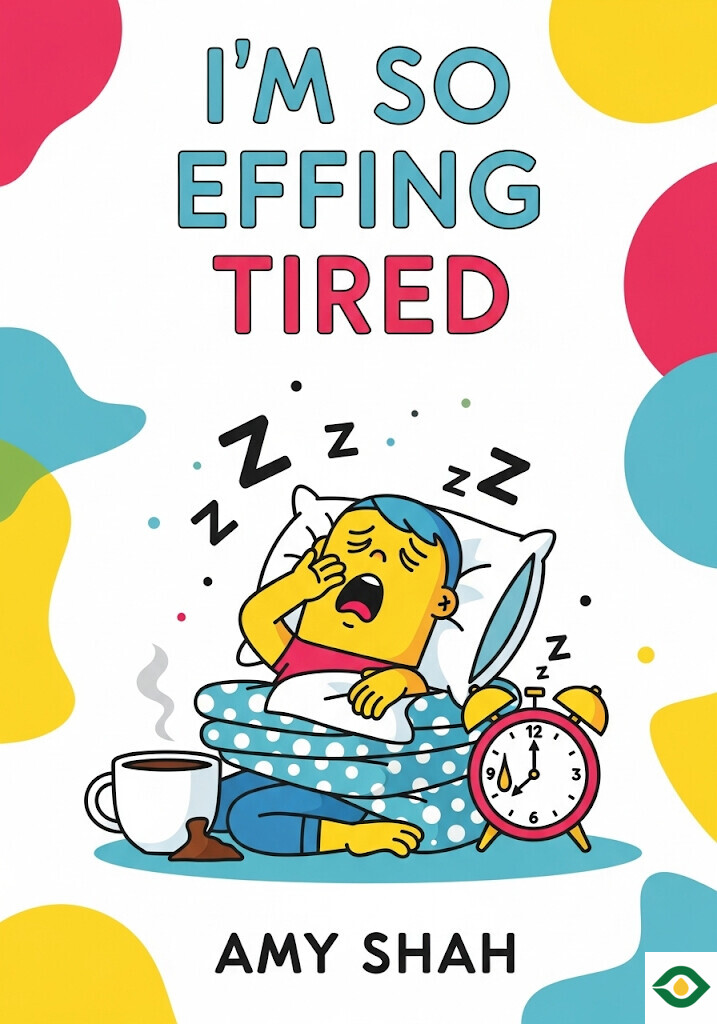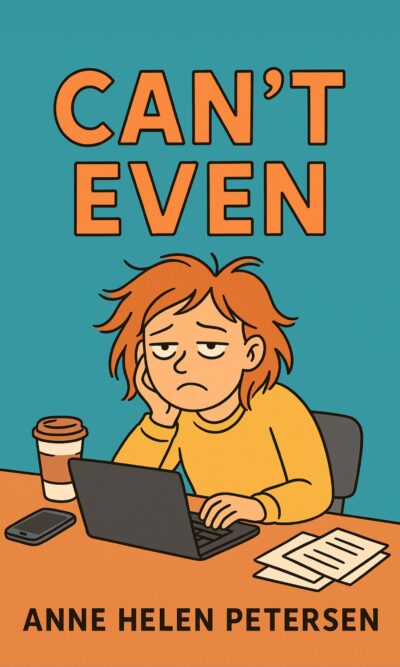Description
Feeling exhausted all the time can feel like living with a heavy blanket over your life. No matter how much coffee you drink, how many naps you take, or how much you try to push through, the energy just isn’t there. The truth is, constant fatigue is not just about being busy or working too hard. It usually comes from deeper imbalances inside the body.
At the center of your energy lies a powerful connection between three systems: your hormones, your immune system, and your gut. Together, they make up what can be called the “energy trifecta.” When they work in harmony, you feel vibrant, focused, and motivated. But when even one part falls out of balance, you may experience stress, cravings, poor sleep, and overwhelming tiredness.
Hormones are tiny messengers in the body. They regulate everything from mood to metabolism. When stress hormones like cortisol stay high for too long, they drain energy and cause restless sleep. Gut health is just as critical. Trillions of microbes in your intestines communicate with your brain and immune system. When they’re fed properly, they support hormone balance and reduce inflammation. But if your gut is overwhelmed with sugar, processed food, or poor sleep habits, the whole system becomes unstable. The immune system then becomes weaker, and you feel sick and exhausted more often.
The encouraging news is that you don’t have to live with this drained feeling. By making steady changes in your diet, daily rhythms, and stress management, you can restore balance to the energy trifecta and feel alive again.
Food is one of the most powerful tools for rebuilding energy. A diet heavy in vegetables, high-fiber foods, and natural sugars supports both hormones and gut health. Research shows that people who eat mostly plant-based foods, with limited processed sugar and red meat, not only lower their risk of disease but also feel more energetic. Fiber is especially important because it feeds the good bacteria in the gut, which in turn strengthens hormone signals and immune function. Unfortunately, many people eat far less fiber than the body needs. Adding simple foods like lentils, kale stems, sweet potatoes, and beans can transform energy levels within weeks.
Equally important is learning when to eat. Intermittent fasting, or what some call circadian fasting, gives the body daily rest from digestion and resets natural rhythms. Instead of eating from morning until late at night, fasting encourages eating within a window of 8–10 hours and resting the gut for the other hours. This allows hormone cycles to stabilize and reduces inflammation. At first, you might begin with 12 hours of fasting a few days a week, and gradually work up to longer periods. Many people find that fasting not only restores their energy but also helps them sleep better at night.
Exercise is often seen as the ultimate energy booster, but too much of it can actually leave you drained. The key is balance. High-intensity workouts can be useful a few times a week, but constant, heavy training without enough rest backfires. The body grows stronger during recovery, not during the workout itself. Simple activities like daily walks in nature or light yoga can be just as powerful for restoring energy, especially when paired with fasting and better sleep. Nature, in particular, has been shown to lower stress hormones and bring calm energy in a way that hard workouts sometimes cannot.
Sleep is another non-negotiable. Less than seven hours a night makes hormones misfire, raises inflammation, and leaves you sluggish the next day. Eight to nine hours of good rest is ideal for most people. Sleep not only repairs the body but also allows the brain to reset its energy systems. If you struggle with sleep, reducing late-night eating, practicing simple breathing exercises, and limiting unnecessary stress can make a big difference.
Stress management itself plays one of the biggest roles in restoring energy. Constant stress floods the body with cortisol, which disrupts sleep, digestion, and immune function. Even if you eat well and exercise, high stress can undo your efforts. Practices like short meditation, deep breathing, journaling, or simply spending time outdoors calm the nervous system. This doesn’t need to be complicated. Just a few minutes a day of slow breathing or mindful silence can reset your stress response and help balance the energy trifecta.
What’s important to understand is that none of these changes should be treated as a quick fix. A diet shift, fasting practice, new sleep habits, or stress reduction exercise works best when they become part of your lifestyle. Think of them not as strict rules but as gentle patterns you can adapt to your life. If you stick with them for two weeks, you will likely notice better sleep, lighter moods, and more consistent energy. But the real transformation happens over months and years, when the body builds new rhythms that keep energy strong and steady.
It’s also vital to stay flexible. Some days you may need longer rest, fewer workouts, or a different eating window. Life brings parties, family events, and busy work schedules. Instead of feeling guilty about breaking a routine, simply adjust and return the next day. Balance, not perfection, is what creates lasting energy.
Over time, you will find your personal rhythm. Maybe it’s fasting 14 hours most days, eating six to eight servings of vegetables daily, sleeping nine hours when possible, walking every afternoon, and doing high-intensity exercise only a few times per week. Your version may look different, and that’s fine. The goal is to create a lifestyle where your hormones, gut, and immune system stay in balance.
In the end, overcoming exhaustion is about more than avoiding tiredness. It’s about regaining control of your life. When your energy returns, you feel more capable at work, more patient at home, and more present in every moment. You stop surviving and start thriving.
So if you are tired of being tired, remember this: your body holds the answers. Feed it the right foods, give it time to rest, move it wisely, reduce the stress it carries, and allow it the sleep it craves. When the energy trifecta is balanced, you don’t just feel less tired—you feel alive again.





